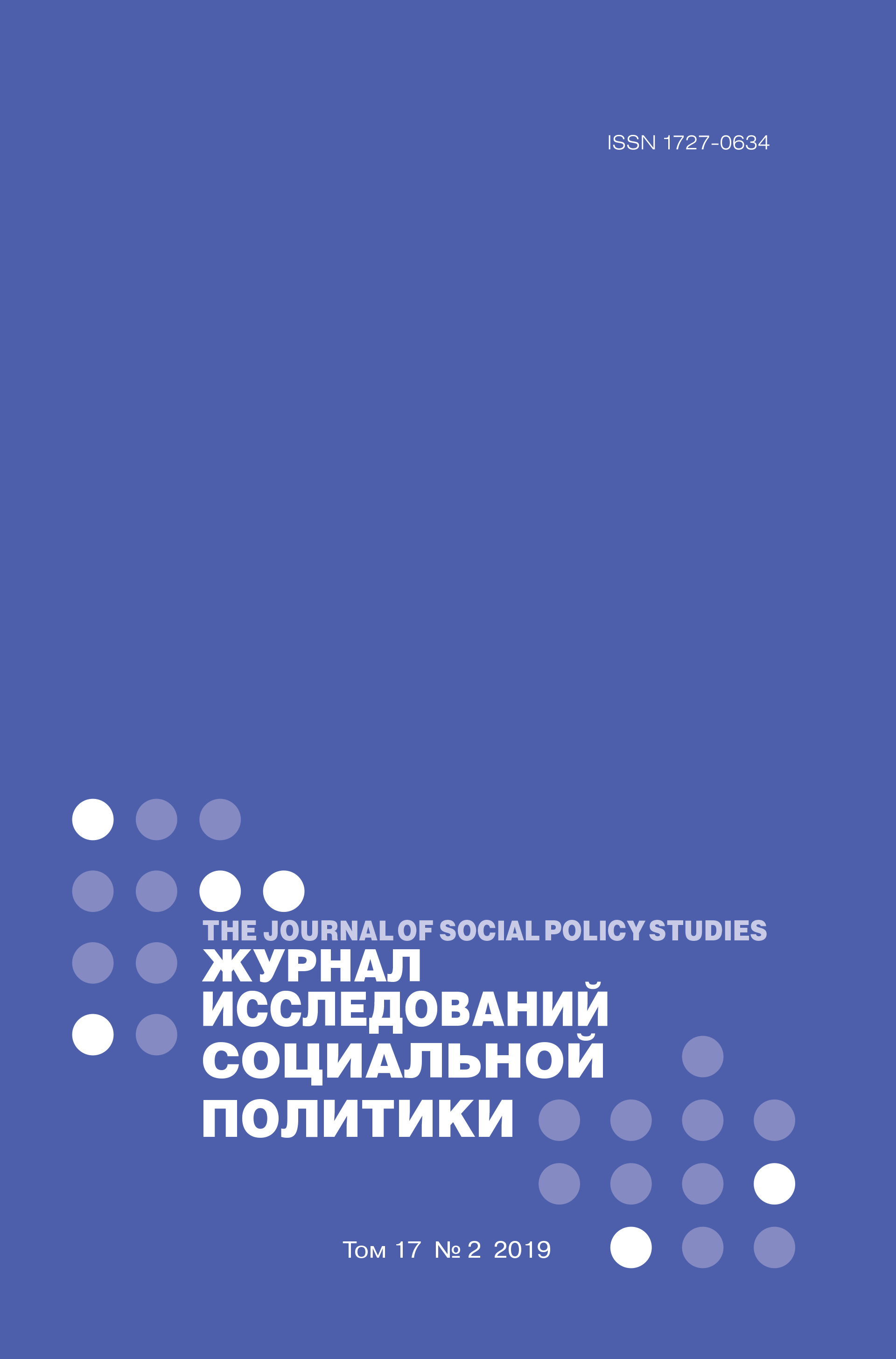The Impact of Non-standard Work Schedules on the Work-life Balance: The Case of the European Social Survey in Russia
Abstract
Work schedule structures individual life and matches biological and social rhythms in various ways. Given the widespread prevalence of nonstandard work schedules (such as working evenings, nights and weekends) in the context of the '24 / 7 economy', the need for research into how these schedules affect worker well-being, including the issues of work-life balance, has never been greater. It is difficult for a person working in evenings, nights or weekends to spend enough time with friends, acquaintances and relatives, actively participate in social events, share family ceremonies and rituals, and keep up the traditions that are important for maintaining social relations. This study is the first attempt to estimate the occurrence and effects of nonstandard work schedules in Russia, using the data of European Social Survey (5th round). About two-thirds of Russian workers work evenings, nights or weekends and this is one of the highest figures among European countries. Regression models reveal that nonstandard work schedules have negative effects on perceived work-life balance. Indeed, it appears that working several times a month or even once a month on weekends in the evening or at night is enough to bring about a deterioration in the work-life balance. Although the results of many studies suggest that the negative effects of non-standard work schedules manifest themselves differently depending on gender and family characteristics, in this study we did not confirm that gender and presence of children moderate the effects of non-standard work schedules on work-life balance. The academic community and government bodies should pay more attention to nonstandard work schedules, which can generate serious social problems. Further research should include a wider variety of indicators of health and subjective well-being, as applied to various categories of Russian workers.















